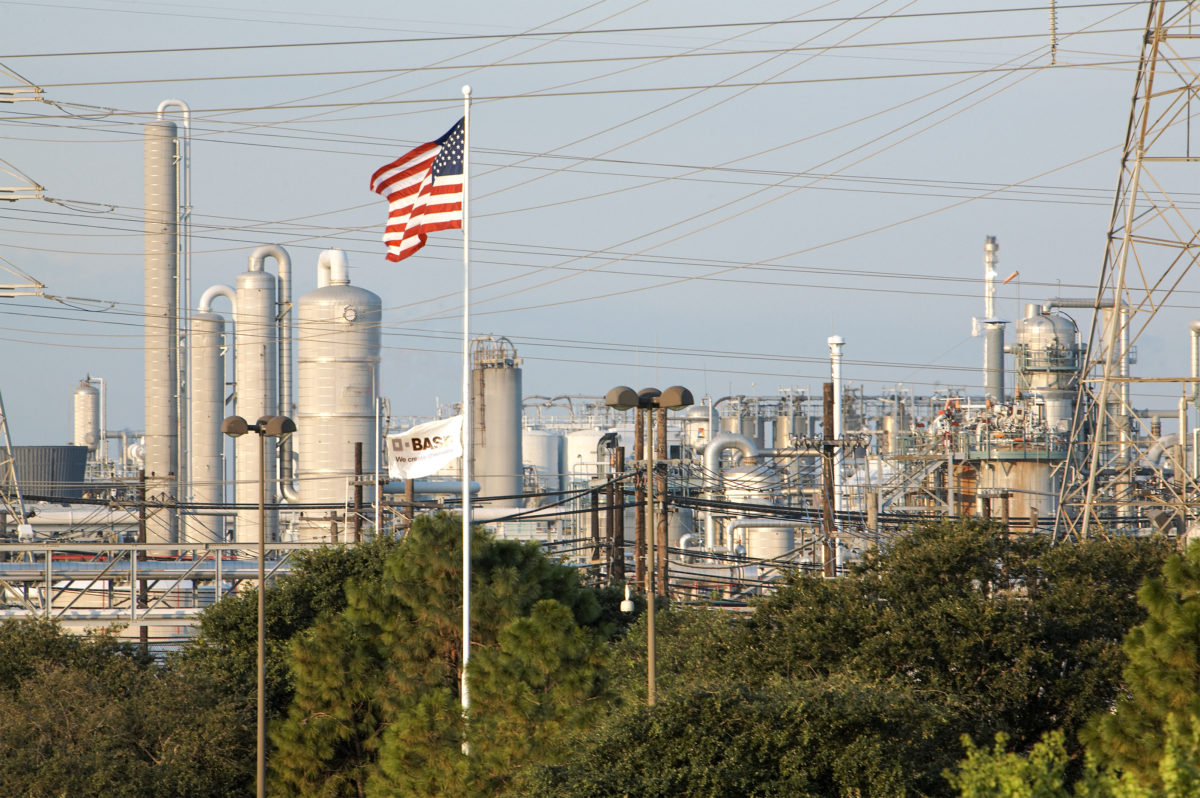Germany’s BASF has entered into virtual power purchase agreements (VPPAs) for 250 MW wind and solar power. It aims to offset the carbon-intensive, grid-supplied electricity it uses at more than 20 of its manufacturing sites in several US states.
The chemical giant will purchase 100 MW of power generated by Dawn Solar. An additional 150 MW of renewable energy capacity will be added through transactions with EDF Energy Services.
Previously, BASF had signed several PPAs with EDF to power some of its facilities with solar and wind, including one where it had acquired New Jersey’s largest solar project and the largest PV project ever built on a superfund site in the United States.
With the new agreements in place, the share of renewable energy in BASF’s total North American electricity consumption will rise to more than 25%. The company’s goal is to reduce its greenhouse gas emissions by 25% compared with 2018 by 2030 and achieve net-zero emissions by 2050.
“These agreements help us reach our clean energy goals in areas where the local electric utility does not supply adequate renewable power,” said Tobias Dratt, president of BASF North America. “At the same time, our financial commitment enables the realization of large solar and wind power projects and adds clean energy to the grid.”
Big deals
BASF has been stepping up its game in line with its decarbonization plans. Last year, it announced a deal though which it acquired a 49.5% stake in Vattenfall’s 1.5GW Hollandse Kust Zuid offshore wind farm in the Netherlands. In July, together with Germany-based storage specialist Man Energy, BASF unveiled a plan to build a 120 MW, high-temperature heat pump for steam production from renewable energy at its Ludwigshafen site in Germany.
Its latest deals reflect the growing momentum for corporate PPAs as companies strive to reduce their carbon footprints and meet sustainability targets. But as demand continues to grow faster than supply, PPA prices have been rising for more than two years now.
In the United States, average PPA prices for solar and wind energy projects have increased 30% since July 2021, with solar PPAs up 8.1% in the second quarter this year, according to a recent report by LevelTen Energy.
“Supply won’t catch up until the roadblocks that renewable developers are facing are lifted, and that could take months or years,” said Gia Clark, senior director of Developer Services at LevelTen Energy. “Potential solar tariffs and very real inflation are the latest obstacles making it harder and more expensive to build new projects and put PPAs out on the market.”
And while the demand for PPAs has surged in recent years, so did the variety of formats they assume. Historically, the leading business model for the corporate purchase of renewables were physical PPAs, although the virtual PPA market is now said to be the “fastest-growing” transaction structure, according to the Rocky Mountain Institute.
Virtual PPAs are multi-year bilateral renewable energy contracts that do not involve the physical delivery of energy from the vendor to the customer. Therefore, they are a good fit for multi-use customers, as no specific supply points are involved. In addition, virtual PPAs operate as a hedge against varying electricity prices, as they are essentially a contract for differences. The parties agree on a fixed price and if the wholesale energy price is lower than the agreed one, the offtaker pays the project owner the difference.
This content is protected by copyright and may not be reused. If you want to cooperate with us and would like to reuse some of our content, please contact: editors@pv-magazine.com.




2 comments
By submitting this form you agree to pv magazine using your data for the purposes of publishing your comment.
Your personal data will only be disclosed or otherwise transmitted to third parties for the purposes of spam filtering or if this is necessary for technical maintenance of the website. Any other transfer to third parties will not take place unless this is justified on the basis of applicable data protection regulations or if pv magazine is legally obliged to do so.
You may revoke this consent at any time with effect for the future, in which case your personal data will be deleted immediately. Otherwise, your data will be deleted if pv magazine has processed your request or the purpose of data storage is fulfilled.
Further information on data privacy can be found in our Data Protection Policy.